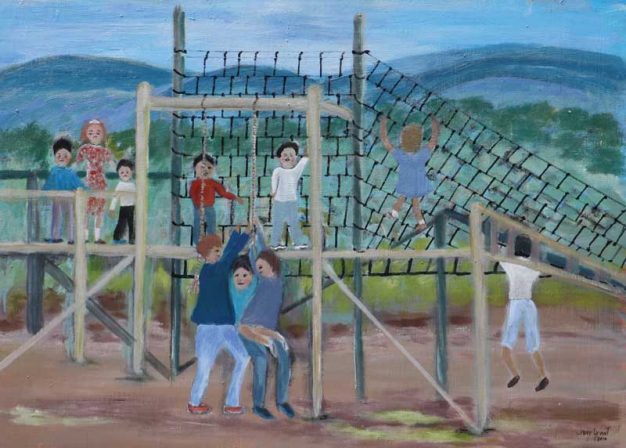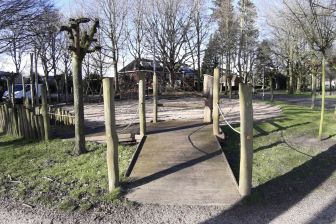
Decline in playgrounds is a ‘public health issue’
The worrying trend of closing public playgrounds in the UK poses a real ‘public health issue’, say campaigners.
Addressing a ‘massive decline’ in mainly urban playgrounds across the country, the Association of Play Industries (API) has told political leaders that it is their responsibility to deal with the ‘inactivity crisis’ amongst children.
In 2010 it joined forces with nearly 150 other organisations to form the Children and Young People’s Mental Health Coalition (CYPMHC), to focus on children’s mental health, and ahead of the recent General Election the alliance held a major social media event – #ChildrenAtTheHeart – to launch its own manifesto, asking politicians to remember that it will be children who are most affected by the outcome.
‘..Great cost to physical and mental health’
Mark Hardy, chair of the API, said: “The massive decline in public playgrounds is a public health issue. Our Play Must Stay campaign highlights that children are not playing outside any more. Unless these playgrounds are reinstated and a commitment made to protect community playgrounds, children will continue to stay indoors on their screens – alone and inactive – at great cost to their physical and mental health.”
New research by the API meanwhile also suggests that parents are increasingly concerned about the shift from outdoor play to indoor screen time. Based on the API’s Nowhere to Play reports from 2016 and 2018, there has been an ‘alarming decline’ in the number of public playgrounds in England, and it is estimated that by 2020/21 there will have been a 44 per cent drop in funding for play facilities since 2017/18. Since 2014, local authorities have closed nearly 350 playgrounds across England, says the API.
Easy access to play
Writing in Government Business, Mark Hardy highlighted a recent survey commissioned by the API, which – through mumsnet.com – asked around 1,100 parents about how much time their children spent online compared with outside. It revealed that nine out of ten who were not close to a playground believed having easy access to one would make their child play outside more.
More than two thirds (69 per cent) of parents of 10 to 12 year-olds also said their children preferred screen time over everything else. Just over a quarter (26 per cent) of parents of children with sleep problems believed a lack of outdoor play time was a significant factor, while 72 per cent of parents of children with health issues such as obesity also blamed a lack of play facilities.
‘..Incumbent on us to halt the decline’
“Children are hardwired to play,” said Hardy. “From their early years, they naturally gravitate towards movement, play, activity and fun. It is how children learn about themselves and the world around them. Without it they are missing something fundamental. However, the freedom of outdoor play is being replaced with sedentary, solitary and prolonged screen time.
“As we lose community playground provision it is ever more incumbent on us all to halt the decline. The majority of children live in urban areas and for these children playgrounds represent their only opportunity to play outdoors freely, frequently and safely. As schools squeeze break times and chances for outdoor play decline, public playgrounds are taking on an even greater significance,” he added.
More information is available online about the API’s Play Must Stay campaign.




